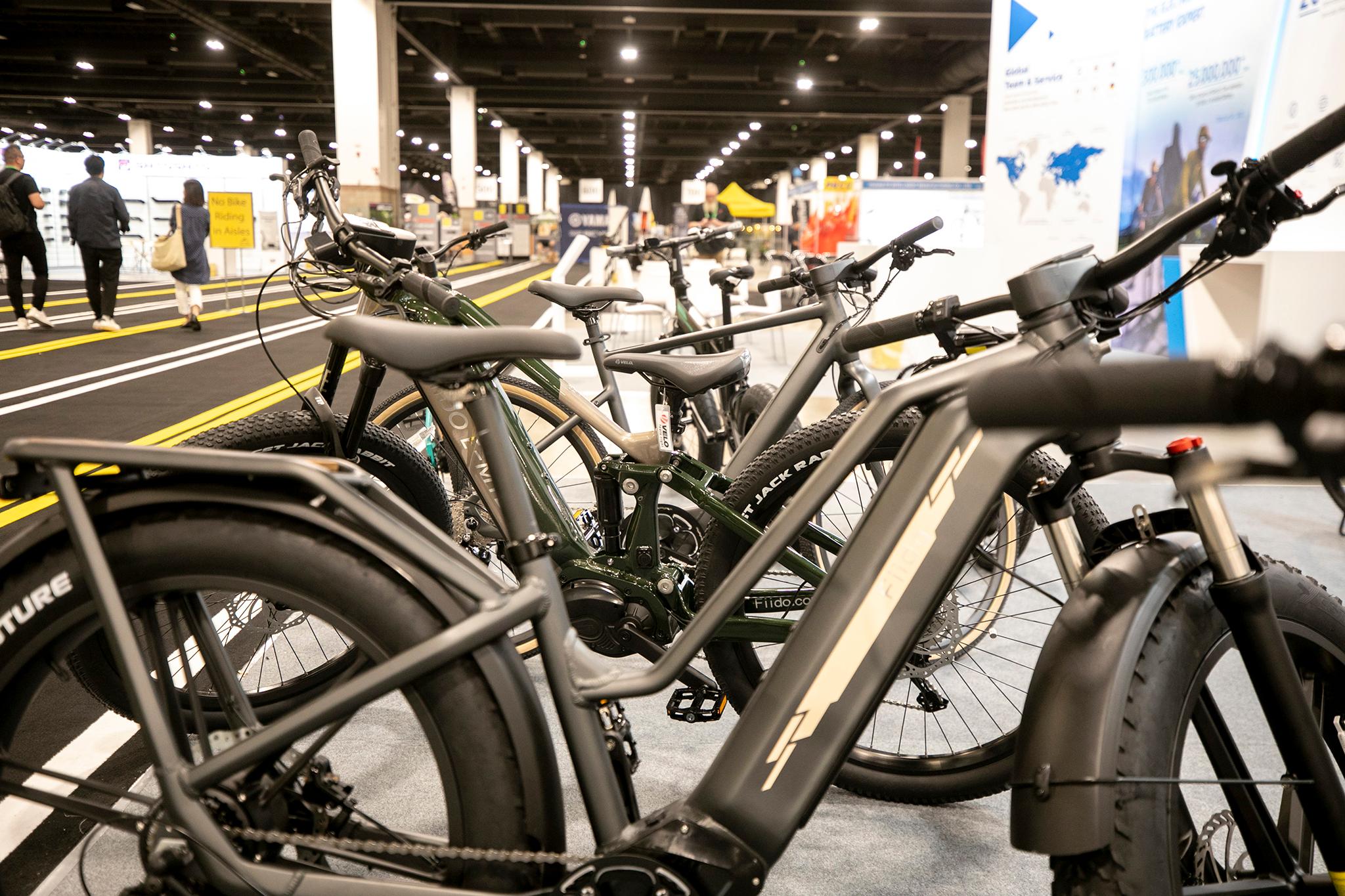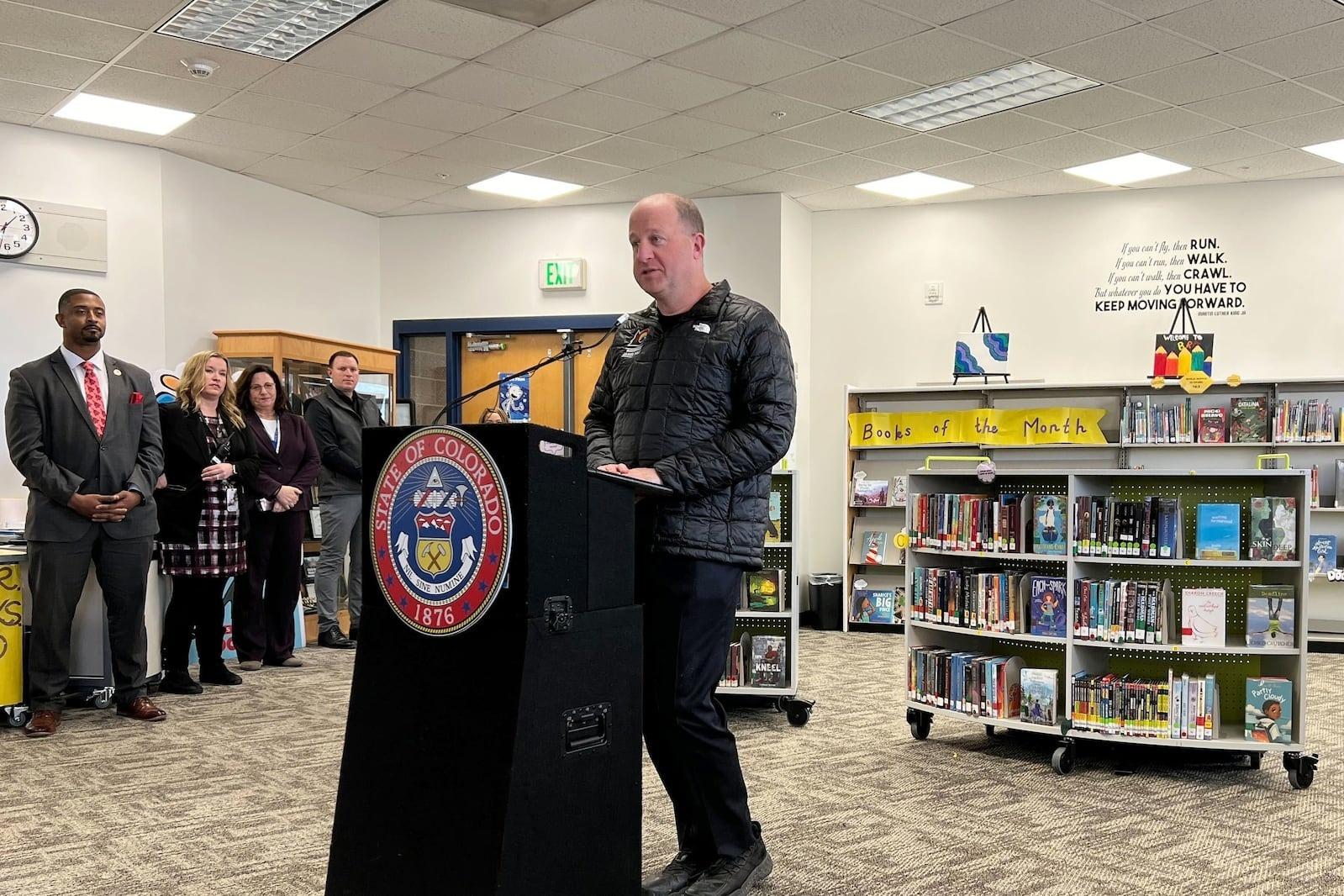
After launching one of the largest statewide e-bike rebate programs in the United States, Colorado opened grant applications Thursday to help communities develop local programs and incentives to get residents rolling on battery-powered bicycles.
The $2.5 million program will offer $25,000 and $750,000 grants to local and tribal governments. Sarah Thorne, a senior program manager for the Colorado Energy Office, said the state funding stream is meant to help cities and counties develop e-bike rebates that fit the unique needs of their local communities.
It’s also an effort to draw local government into the push for sustainable transportation. To gain the maximum grant amount, Thorn said a city, county or tribe must match the state’s $750,000 grant.
“We really are looking for a way to maximize our funding and make sure we can go a lot further by having local communities bring in their own funding as well,” Thorne said.
Those new local programs will enter a growing ecosystem of e-bike programs across the state. Denver kicked off the party on Earth Day 2022, offering generous vouchers to encourage residents to ditch their cars in favor of two-wheeled electric vehicles.
Those discounts proved far more popular than expected, subsidizing the purchase of more than 6,900 e-bikes so far, city data show. A follow-up survey found Denver recipients have replaced an average of 3.4 car trips per week atop their new battery-powered steeds.
Colorado followed suit with a statewide e-bike rebate program last August. It offers residents making less than 80 percent of their area median income $1,100 off the purchase of an electric bicycle. Those earning 80 to 100 percent of their AMI qualify for a $500 rebate.
About 1,300 people have used the state incentives to discount the purchase of a new e-bike, according to a spokesperson for the Colorado Energy Office. The state plans to open week-long application windows each month until it exhausts e-bike program funding sometime early next year.
If a community uses the new grants to start its own rebates, those incentives can’t be combined with discounts from the current state discounts. Those local programs must also only offer rebates to middle- and low-income residents, which the state defines as anyone making less than their county’s area median income.
Despite those restrictions, Thorne said local leaders in Durango, Crested Butte and Sheridan have already expressed interest in building their own local programs with the new grants. The Colorado Energy Office will accept applications from local governments until Nov. 30.
“This is an opportunity for local communities to magnify the work we’ve already started,” Thorne said.









